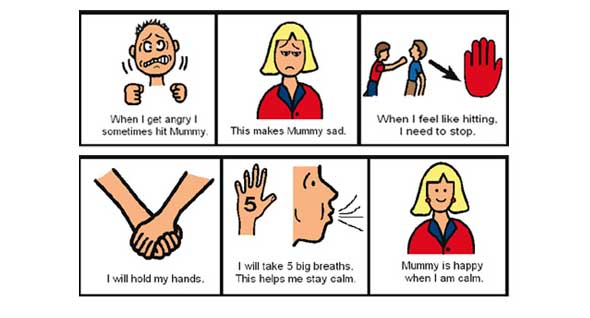Today, I had the opportunity to do a guided observation during a Intensive Behaviour Intervention. Commonly referred to as IBI, Intensive Behaviour Interventions are described as the application of ABA principals in an intensive setting (minimum 25 hour per week) with goal of seeing a change or improvement in behaviour.
KidsAbility describes IBI using the following criteria:
- Uses systematic behavioural teaching methods
- Has clearly defined strategies & goals;
- Is individualized to the needs of each child
- Incorporates changes based upon direct measurement of each child's learning'
- Teaches children one-on-one or in small groups.
It was really NEAT to finally see an IBI session in person after reading so much about it the last few months. Wow, do Instructor Therapists (IT) work hard! The session that I observed was with a individual who I will call "Simon". Simon was a active little boy with a lot of sensory issues. he loved to pinch because he enjoyed the sensation, as a strategy, the IT used a squishy pillow. Simon's behaviour was reinforced when Simon squeezed the pillow.
"Simon" was non-verbal so he used
PECS (Picture Exchange Communication System) and approximations as his functional communication system. Examples of some of the behaviours that were being reinforced were
eye contact,
sitting in his chair and
squeezing his pillow toy. Some of the skills being taught were related to identifying pictures of family members, identifying colours and identifying body parts. It was really interesting to watch but a bit overwhelming as well. So much to learn!
I am hoping to see a couple more sessions before the end of my placement at REACH.
Autism Spectrum Disorder (ASD), Special Education, Placement, Intensive Behaviour Interventions





